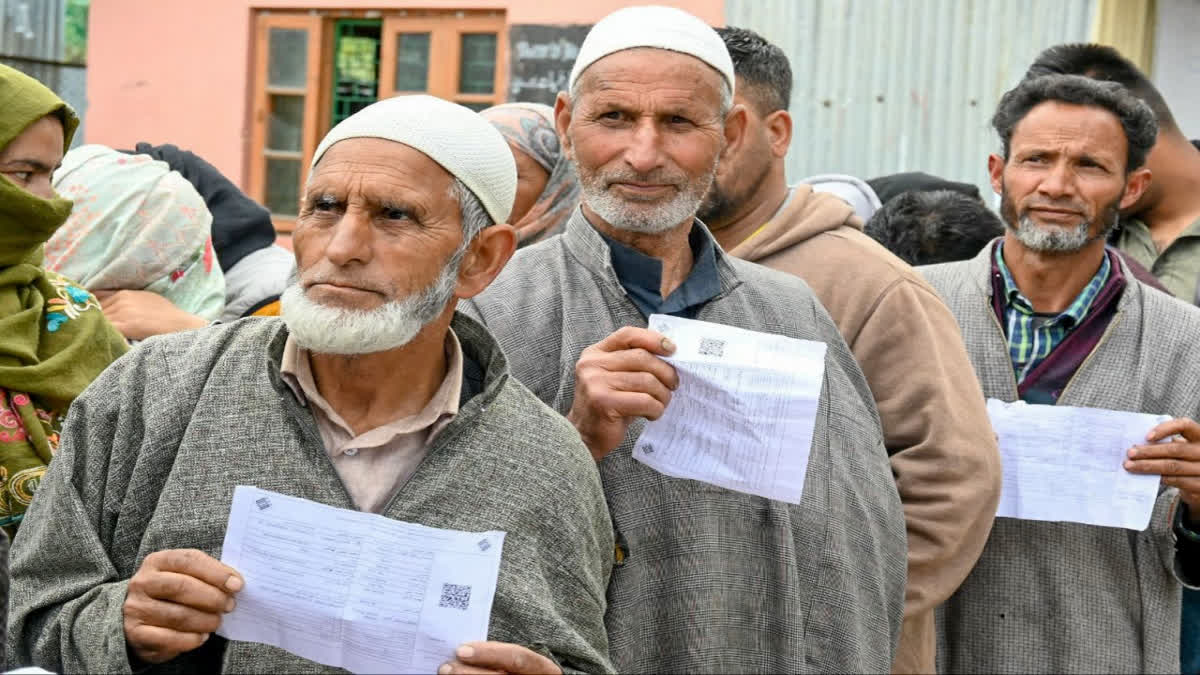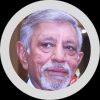The announcement of a three-phase poll in September and October for Jammu and Kashmir has been welcomed by all political parties. It is possible that post-elections, statehood would be revived. The announcement has set in motion a political process which had been dormant for almost a decade.
The recently concluded Lok Sabha elections with over 55% voting in the region as also no incidents of violence were the catalysts for the Election Commission to make the announcement.
The Chief Election Commissioner, Rajiv Kumar mentioned in his remarks, "People in Jammu and Kashmir opted for ballots instead of bullet and boycott (during the recent Lok Sabha election). The valley reached a new peak, witnessing a 30-point jump in poll participation from 2019." He had promised to conduct them at the earliest when he visited the region in June. The Supreme Court had also mandated that elections in Jammu and Kashmir must be held prior to September 30.
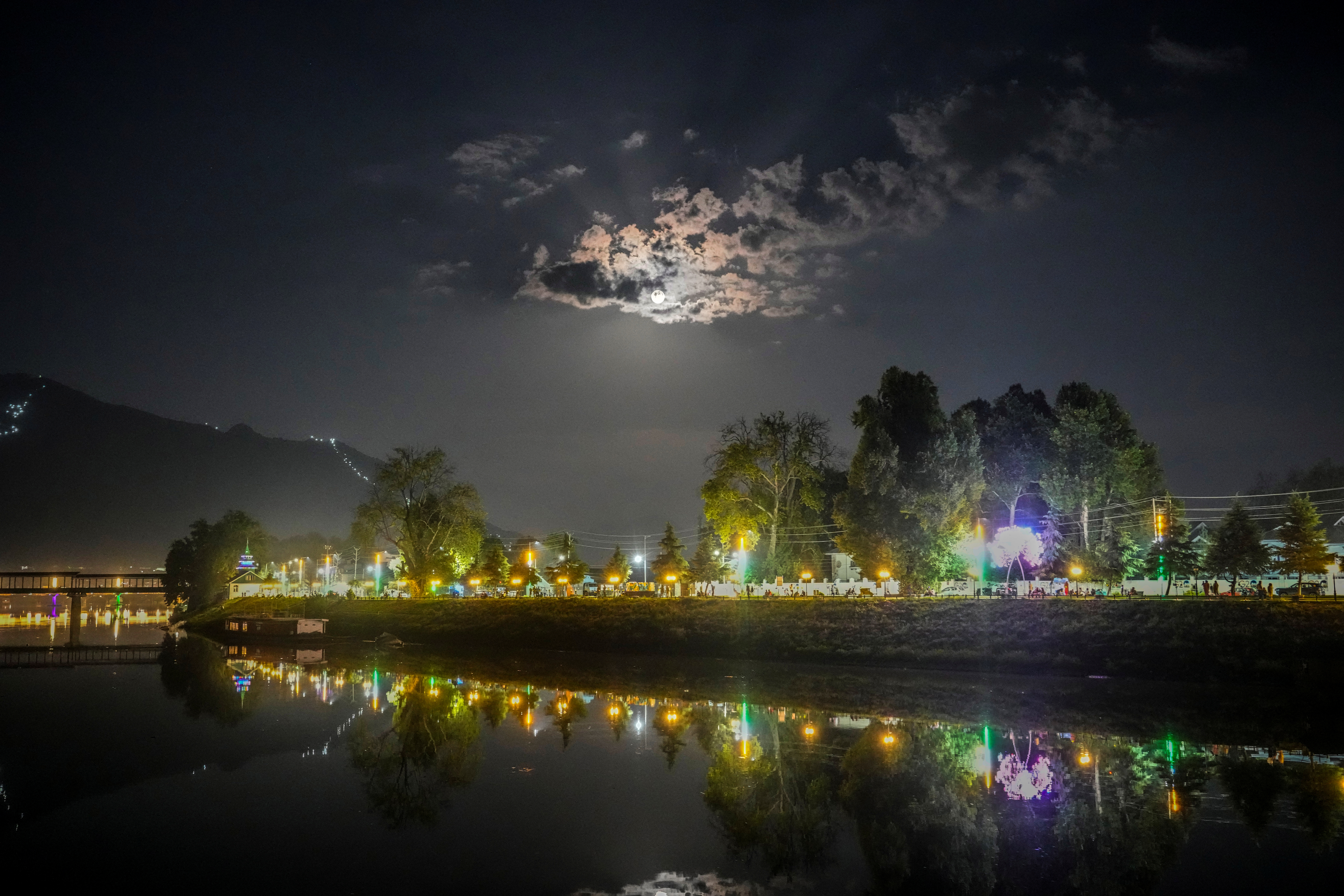
In the recently concluded Lok Sabha polls, two former Chief Ministers -- Omar Abdullah and Mehbooba Mufti -- lost. The victory of jailed candidate, Engineer Rashid, whose children ran a lacklustre campaign, displayed that the public rejected traditional political parties. It also conveyed that the government respects the will of the people, an important message for building confidence amongst the public.
Between the conduct of the Lok Sabha elections and now, there has been an increase in terrorist activities, largely South of the Pir Panjal in the Jammu belt. Simultaneously the Amarnath and the Machail Mata Yatras continue with added protection. The willing participation of the public in elections and a high percentage of voting rattled Pakistan’s deep state as it sent a message that their agenda of Kashmir being anti-India is history.
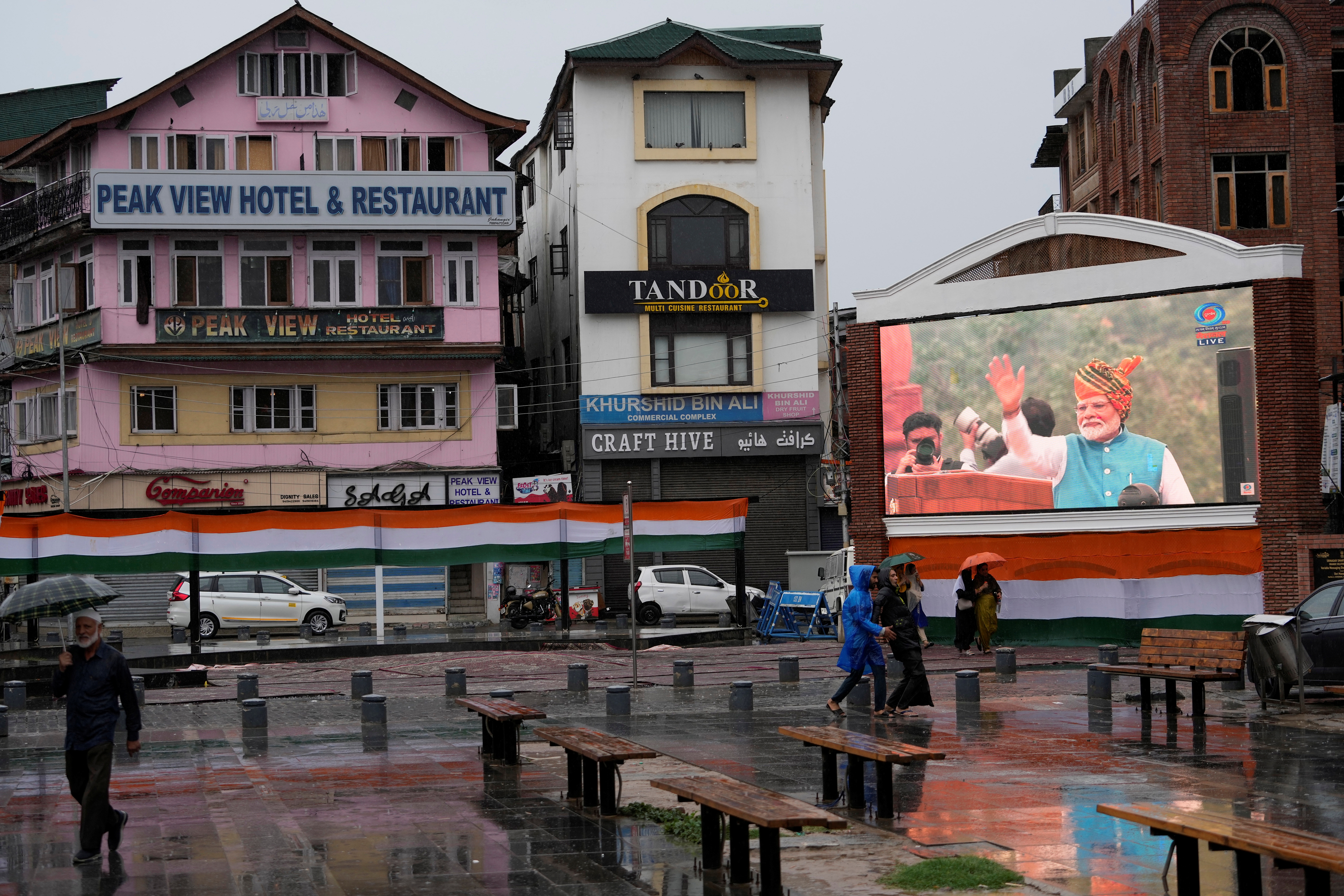
Some believed that increased terrorist activities were not conducive to conducting elections. General Ved Malik, the former Army chief mentioned, "Don't hasten into holding the elections in Jammu & Kashmir by September. Focus on consolidating gains in Kashmir. A few terrorist successes in Jammu could incite further terrorism in the valley. More important than Assembly Elections by September 2024 is ensuring the security of Jammu & Kashmir. Postpone the elections by a year."
General Malik’s views represent a defensive approach and send the wrong message that Indian government decisions can be influenced by Pakistan’s pinprick terrorist actions. It was also adversely commented upon by political parties, who felt that the electoral exercise should not be postponed due to terrorist activities.
For the world, high turnout and peaceful conduct in the Lok Sabha elections wiped out memories of single-digit voting, violence and protests in previous exercises. It also endorsed the government’s decision of abrogating Article 370. While there are still some who prefer Pakistan on religious grounds, the majority have benefitted from central schemes as also development flowing after the abrogation.
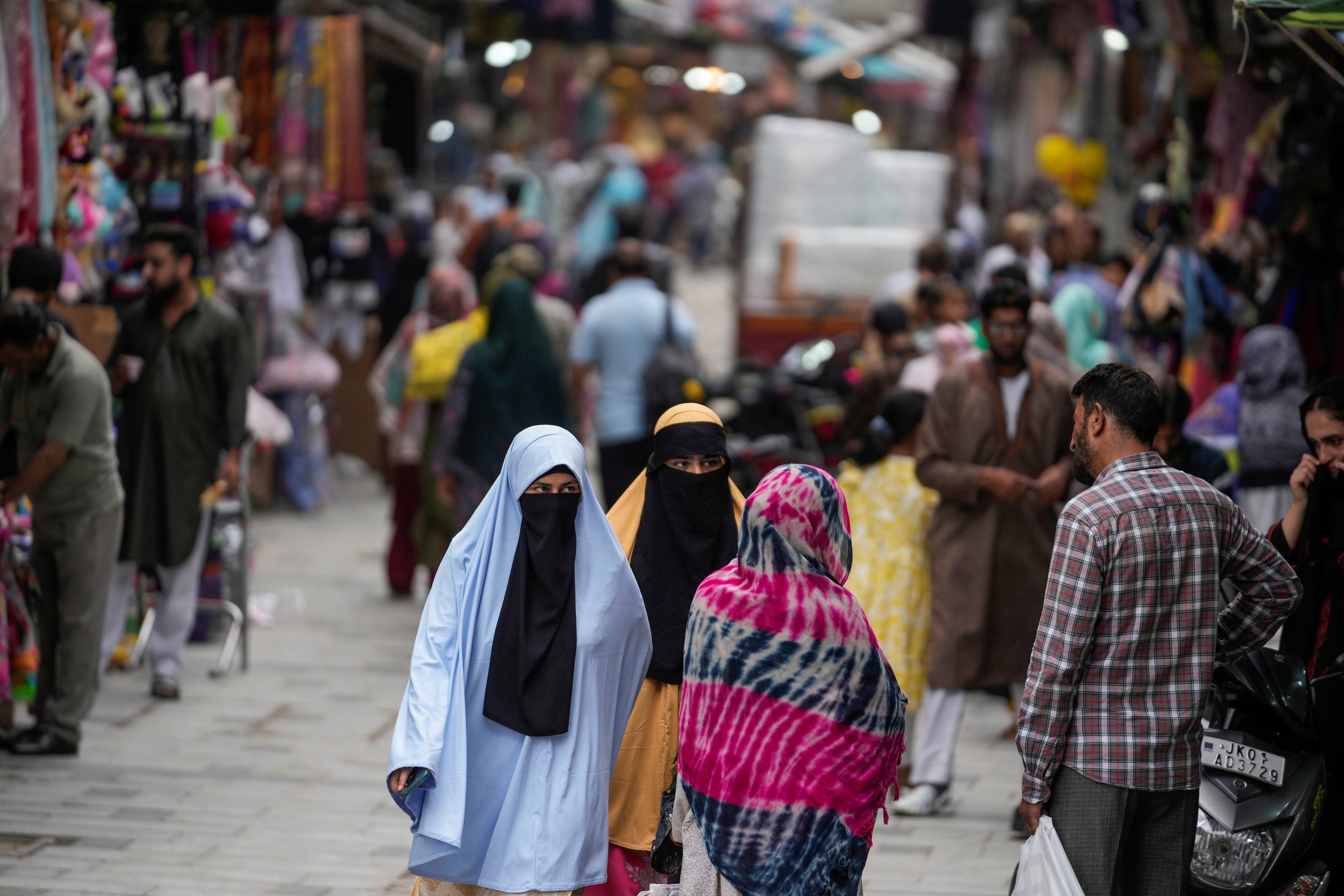
The opening of educational and medical institutions as also large-scale investment is changing the character of the valley. With the influx of a record number of tourists, the economy is booming. These are positive indicators of a return to near normalcy. Stone pelting and hartals are now history.
On the contrary, protests and violence are a daily occurrence in POK. On Independence Day, while Kashmir celebrated the occasion with gusto, there were boycott calls from POK. Its people are now demanding a merger with India, dissatisfied with Islamabad. It only highlights that Pakistan's narrative on Kashmir being disputed has ended.
Apart from an odd nation demanding a resolution of Kashmir based on UNSC resolutions, there are no takers. Pakistan is now working feverishly to reactivate terrorism in the region to project that those being killed are not terrorists, but local Kashmiris hoping to incite anger amongst the population, who have largely seen through their game.
Last week, after four terrorists were killed in multiple encounters, the Pakistan foreign office spokesperson mentioned, "We urge the international community to take immediate and decisive action to hold India accountable for its egregious human rights violations in Jammu and Kashmir and to take steps to protect the rights and freedoms of the Kashmiri people." Evidently, no one reacted.
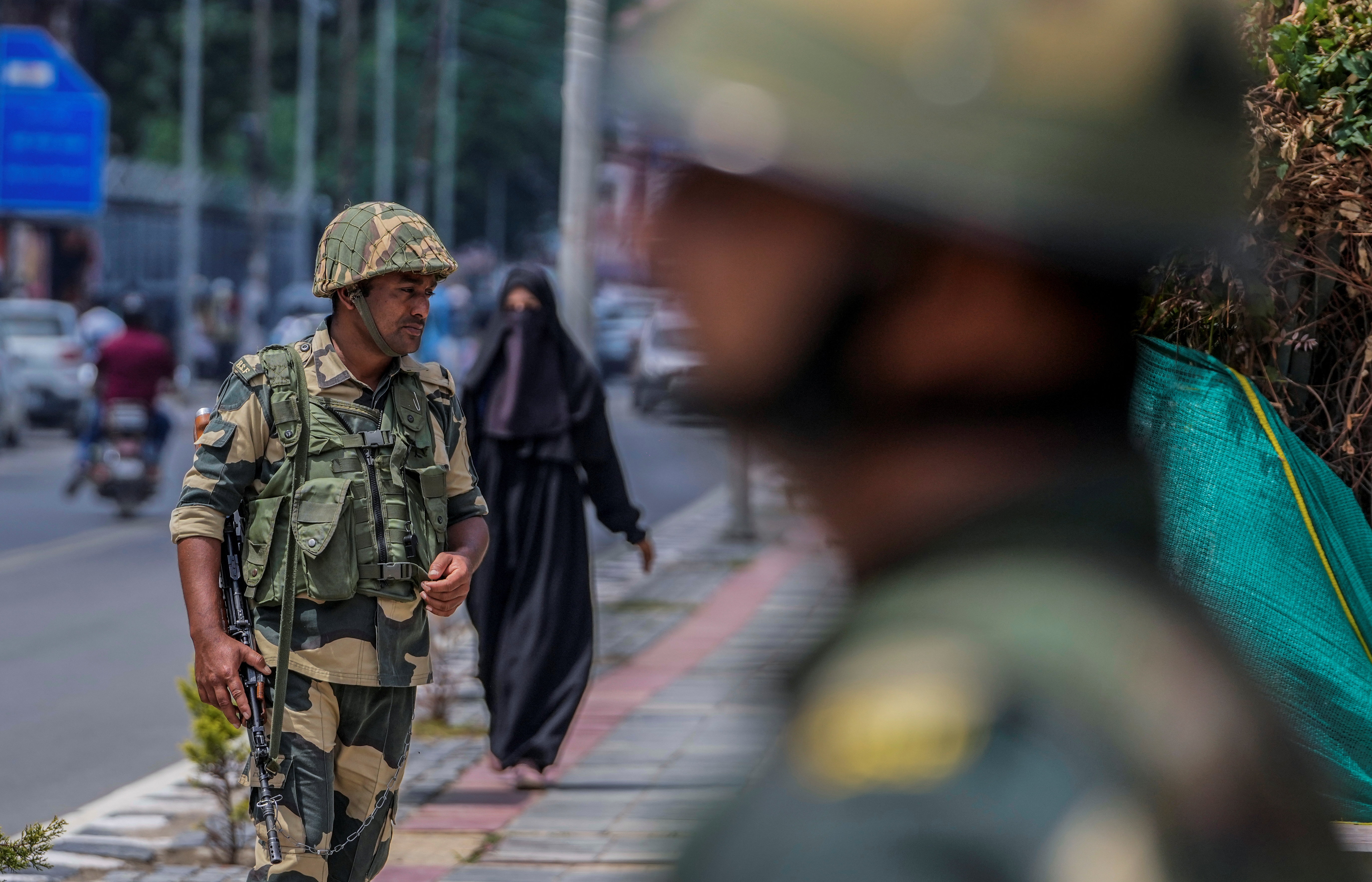
It is fear of a lost narrative that is compelling Pakistan to enhance terrorist activities in regions with a diminished security presence. With the level of security forces being enhanced, terrorism would soon be receding. The Indian security forces will prevail. Infiltrated terrorists have no option of returning. They will attempt to survive as long as they can before being killed.
Prior to the announcement by the Election Commission, the security scenario would have been scrutinised and inputs from relevant agencies taken. The confidence of security agencies would have impacted the decision. There will be an induction of additional forces to provide close security for the polling process, while the current deployment would manage the environment, build confidence amongst the voters and enable the electoral process to continue unhampered.
While security forces would manage the internal environment, what would remain of concern is misinformation flowing from across the border. Pakistan and China have established institutions solely directed towards creating disharmony and breaking the social fabric in the valley. These need to be countered. Evidently, the flow of malicious posts would increase manifold as elections draw close. Simultaneously, there is a need to enhance security along the LOC to prevent infiltration, which is bound to occur as elections draw close.
As was evident in the Lok Sabha polls, the government displayed its commitment to accepting the verdict of the people, adding to local confidence and desire to participate. To ensure their participation it is essential to create the right environment. For this, all agencies from the UT as well as the centre have to work in unison.
(Disclaimer: The opinions expressed in this article are those of the writer. The facts and opinions expressed here do not reflect the views of ETV Bharat)
